Rhodiola, also known as golden root, is a known herb that has a multi- profile curative effect. Rhodiola is a dicotyledonous plant of the Crassulaceae family.
Rhodiola has a beautiful yellow color and stem with many leaves. Grows in the high mountains of Central Asia, North America and Europe. The healing properties of Rhodiola have been known since ancient times. Grows at 6900 ft (2300 m) altitude. It is listed in the Red Book of protected plants and picking is mostly prohibited.
History of Rhodiola
Rhodiola has a long and illustrious history that dates back to 77 year BC It was then that the Greek physicist Diskoridi documented medical use of this herb. Vikings widely used Rhodiola to increase their stamina and physical strength, and Chinese emperors sent expeditions to Siberia to bring Rhodiola for making various medicines.
The population of Central Asia considers NaN fl oz tea from Rhodiola for the most effective way to protect against flu and colds. Mongolian physicians even prescribed Rhodiola to patients with cancer and tuberculosis.
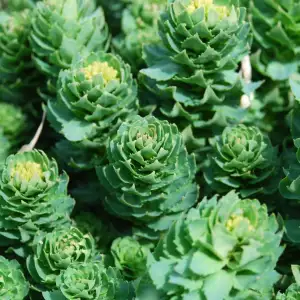
Rhodiola is a very popular herb in folk medicine of the peoples of Asia and Eastern Europe. She even finds application in the program of Soviet superiority over the West, during the Cold War.
Composition of Rhodiola
Rhodiola extract contains over 50 different substances, the most important of which are monoterpene alcohols and their glycosides, flavones, proanthocyanidins, rosiridol, Ga acid derivatives and others.
In essential oils from the flowers of the herb are contained about 86 ingredients, the most important of which are monoterpene alcohols and hydrocarbons. It is believed that a unique class of substances which forms the useful properties of Rhodiola are called. rosavins.
Selection and storage of Rhodiola
Rhodiola can be purchased as a dietary supplement in specialized shops. The cost of the additive is expensive, but at the expense of this, its qualities are indisputable.
As well as a standalone product, Rhodiola can be found on the market in the form of various herbal tonics, antioxidants, fat burners, adaptogens and formulas to improve athletic performance. Store according to package directions.
Benefits of Rhodiola
Rhodiola is used worldwide as a valuable herbal tonic and adaptogen. Adaptogens are a group of mushrooms and herbs that Naturopaths claim that chase fatigue away and improve overall health. The tonic and adaptogenic properties of Rhodiola are mainly due to the matter Tyrosol and rhodioloside.
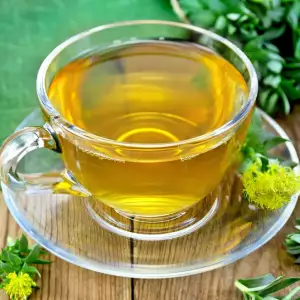
Studies have shown that Rhodiola increases the concentration and the ability to remember. It has been shown that the herb is effective in heart diseases, caused and additionally complicated by stress. Operation under these conditions is associated with the possibility of reducing the quantity of corticosteroids and catecholamines, which are released from the adrenal gland during stress.
Rhodiola protects and stimulates the immune system, restores metabolic balance in the body. Increases the number of killer cells in the spleen and stomach. Taking Rhodiola increases the body's resistance to toxins.
According to laboratory tests conducted by Russian scientists on rats, the herb inhibits the growth of tumors and reduces metastasis.
Rhodiola reduces depression by balancing levels of serotonin. Rhodiola fights stress and fatigue, improves sports and physical performance. Therefore, it is used by people involved in sports activities.
There are a number of other benefits of Rhodiola - regulates the levels of blood sugar, protects the liver from toxins, improves hearing, activates the burning of fats, increases thyroid function, improves the condition of the adrenal gland. Over the years, Rhodiola has proved to be a herb that has great potential for the treatment of impotence and premature ejaculation in men.
In Chinese traditional medicine, Rhodiola is used as an alternative to ginseng. The Scandinavian countries use the herb to tone your body with infections, colds and as an aphrodisiac.
Dangers of Rhodiola
There are no known side effects from taking Rhodiola. However, it is recommended that its use by pregnant women, nursing mothers and young children is avoided. This is due to a lack of tests to ensure its safety in those groups.
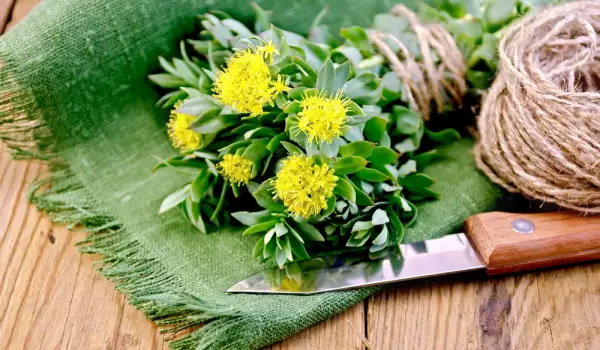
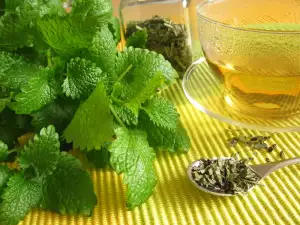
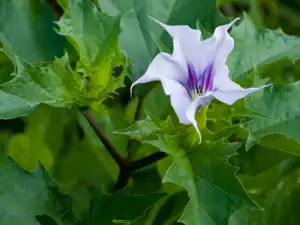
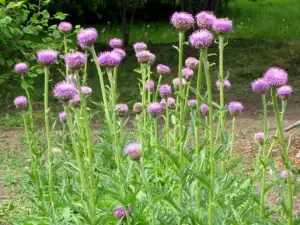
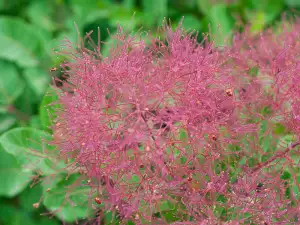


Comments